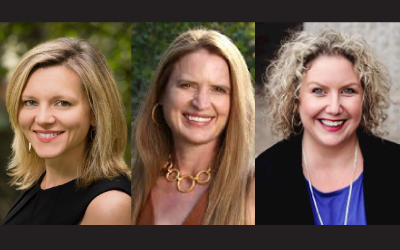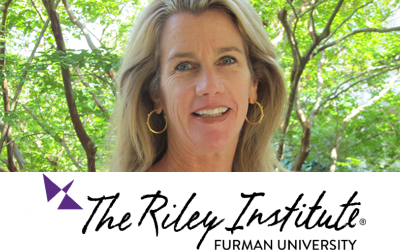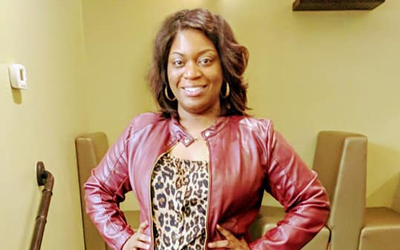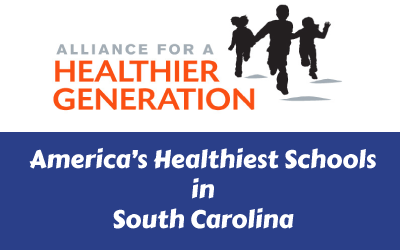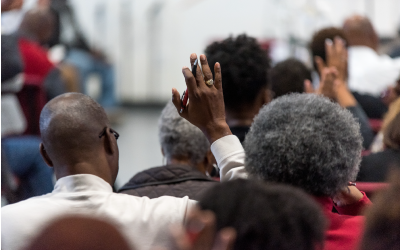New board leaders bring experience, passion, and innovation to obesity prevention efforts.
News
Meg Stanley Selected to Become Riley Fellow
Stanley joins other leaders selected from across the Midlands and surrounding area to participate in the Riley Institute at Furman’s 13th class of Diversity Leaders Initiative.
Carter to Speak on The HYPE Project at National Conference
National and international attendees of the National Youth At Risk Conference will have an opportunity to learn about The HYPE Project.
Let’s Go! 3.0 Mini-Grant Opportunity: Application Open
Communities, schools, municipalities, and non-profits are encouraged to apply for funding for healthy eating and active living projects. The application deadline is January 15.
Allen to speak at 2019 Investing in Community Summit
It is a common view that more money is the answer to addressing community health, but just how big of an investment is necessary to make a difference?
Leadership Summit evaluation indicate success in Pee Dee
With more than 219 people in attendance, Florence and the Pee Dee were the hosts of the 2019 Leadership Summit for Healthy Communities, and it did not disappoint!
32 Schools in South Carolina Named to 2019 List of America’s Healthiest Schools
All schools will be honored with a national award for promoting healthy eating, physical activity, and staff well-being.
How to Successfully Seek Public and Private Support for Your Built Environment
Two sessions at the Leadership Summit will help you determine your next active community environment move!
Leadership Summit, ESMMSC work gives faith-based communities tools to improve environments
On October 29 in Florence, Leadership Summit attendees have three opportunities to learn about current work being done in South Carolina that can be duplicated in their own faith-based communities.

